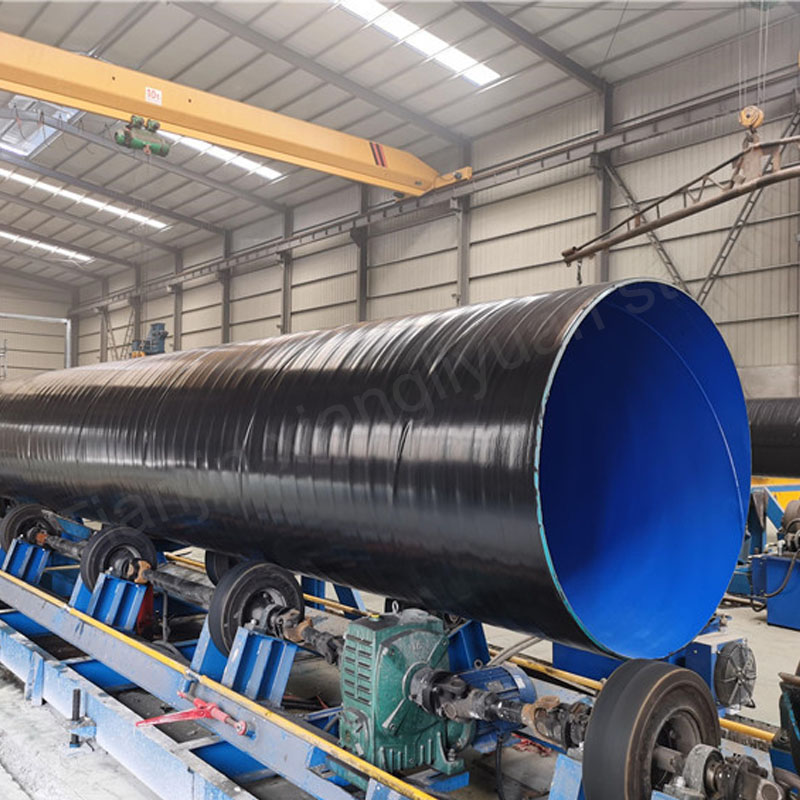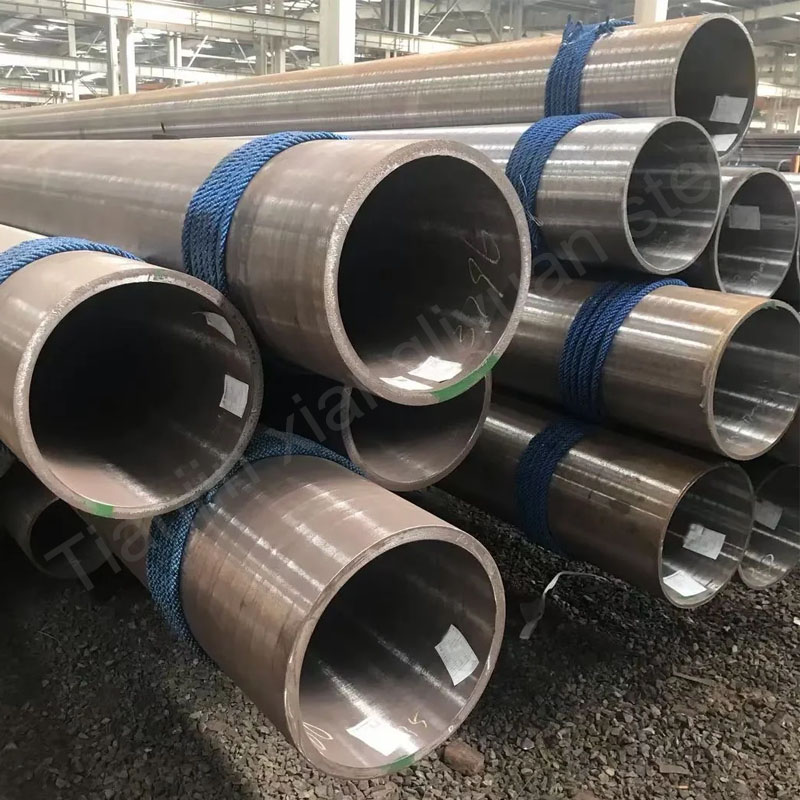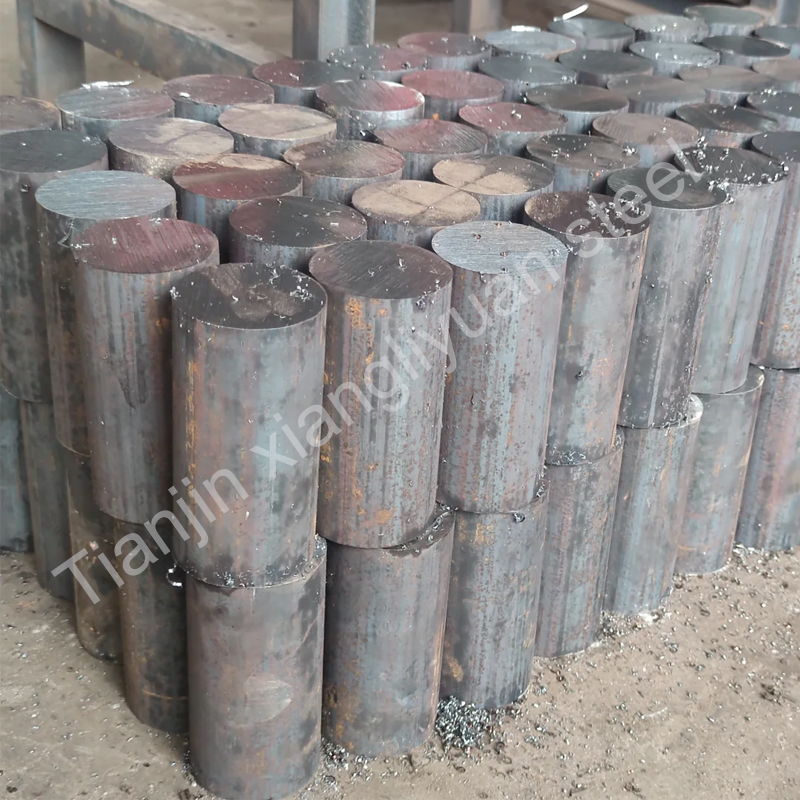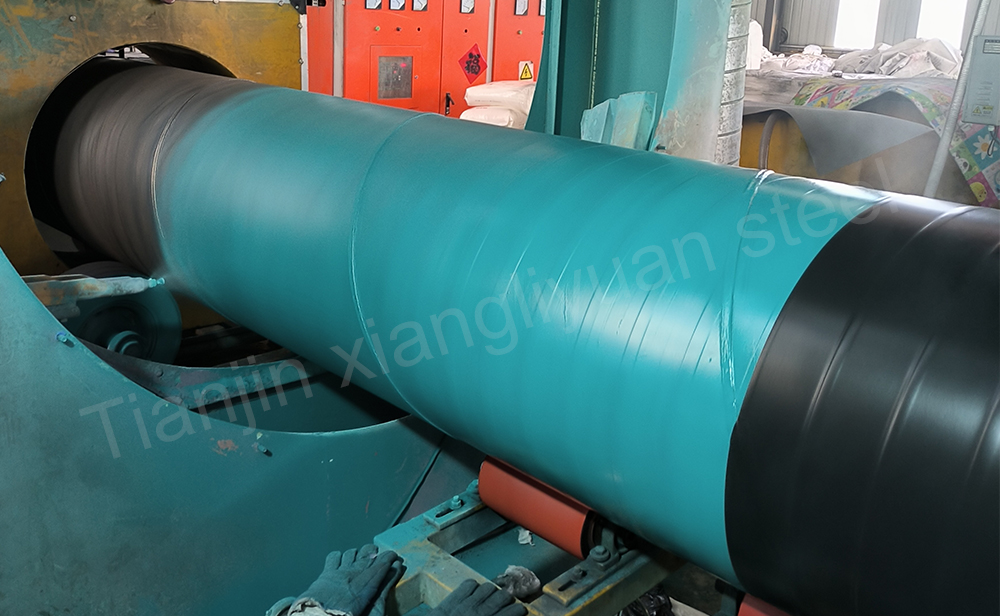The purpose of anti-corrosion treatment of steel pipes is to extend their service life, protect them from environmental factors, and avoid economic losses and safety hazards caused by corrosion. The specific reasons include the following:
Extend life: Anti-corrosion treatment can significantly extend the service life of steel pipes and reduce replacement and maintenance costs caused by corrosion.
Maintain strength: Corrosion will reduce the mechanical strength of steel pipes, and anti-corrosion treatment can maintain the structural integrity of steel pipes.
Improve safety: Anti-corrosion treatment can reduce safety accidents such as leakage and explosion caused by corrosion of steel pipes.
Reduce environmental pollution: Corroded steel pipes may pollute soil and water sources, and anti-corrosion treatment can avoid these problems.
Anti-corrosion materials
Epoxy resin: has good adhesion, corrosion resistance and mechanical strength.
Polyurethane: wear-resistant and corrosion-resistant, suitable for underground or underwater use.
Polyethylene: corrosion-resistant, wear-resistant, and good insulation performance, mostly used for external corrosion protection of pipelines.
Coal tar enamel: acid and alkali corrosion resistant, suitable for the chemical industry.
Anti-corrosion technology
Coating anti-corrosion: Coating one or more layers of anti-corrosion materials such as epoxy resin, polyurethane, polyethylene, etc. on the surface of the steel pipe.
Hot-dip galvanizing: immerse the steel pipe in molten zinc liquid to form a zinc layer on its surface, which has good corrosion resistance.
Lining anti-corrosion: a layer of anti-corrosion material, such as cement mortar, epoxy resin, etc., is lined inside the steel pipe, which is suitable for conveying corrosive liquids or gases.
Cathodic protection: through electrochemical methods, current is applied to the steel pipe to make it a cathode, thereby slowing down or preventing corrosion.
Anti-corrosion classification
External anti-corrosion: such as epoxy resin coating, polyethylene coating, hot-dip galvanizing, etc. The effect is to prevent external environmental factors (such as moisture, acid and alkali, salt spray, etc.) from corroding the steel pipe.
Internal anti-corrosion: such as cement mortar lining, epoxy resin lining, etc. The effect is to prevent the conveying medium (such as water, oil, gas, etc.) from corroding the inside of the steel pipe.
Comprehensive anti-corrosion: such as internal and external coating anti-corrosion, coating plus cathodic protection, etc. The effect is to provide multiple protections and improve the anti-corrosion effect.
Uses
Oil and gas pipelines: prevent the corrosion of the pipeline by the conveying medium to ensure safe operation.
Water supply and drainage pipelines: prevent corrosion of pipelines by chemicals in the water to ensure water supply safety.
Chemical pipelines: prevent corrosion of pipelines by chemical media to extend pipeline service life.
Marine engineering: prevent corrosion of pipelines by seawater, suitable for submarine pipelines, offshore platforms, etc.
Through these anti-corrosion treatment technologies and materials, the corrosion resistance of steel pipes can be significantly improved, suitable for different environments and working conditions, ensuring their long-term, safe and reliable operation.






